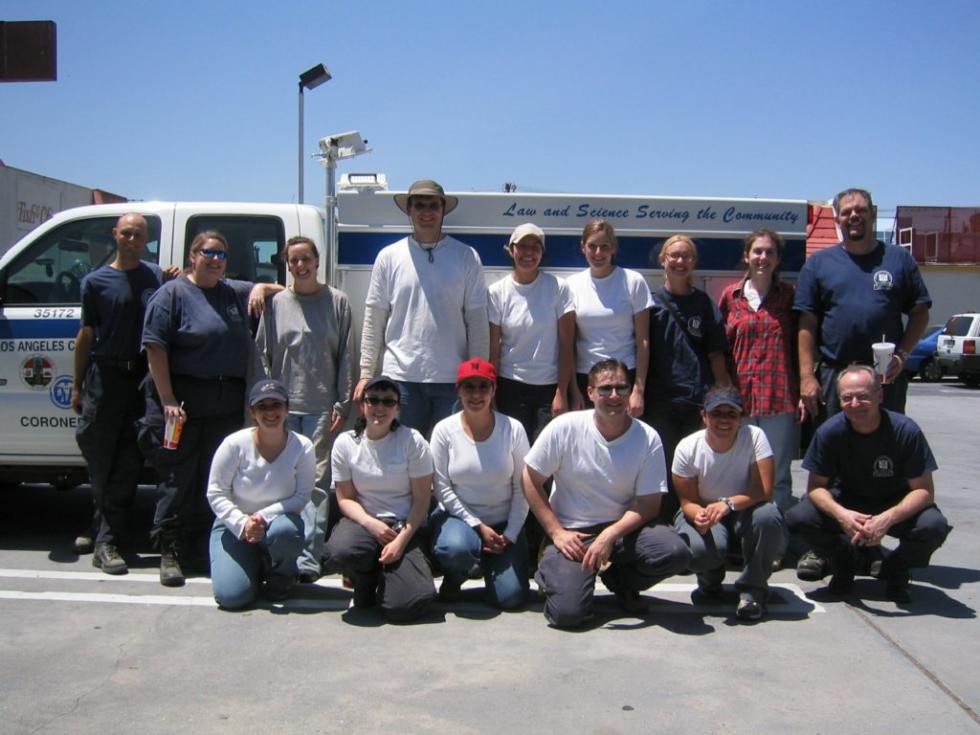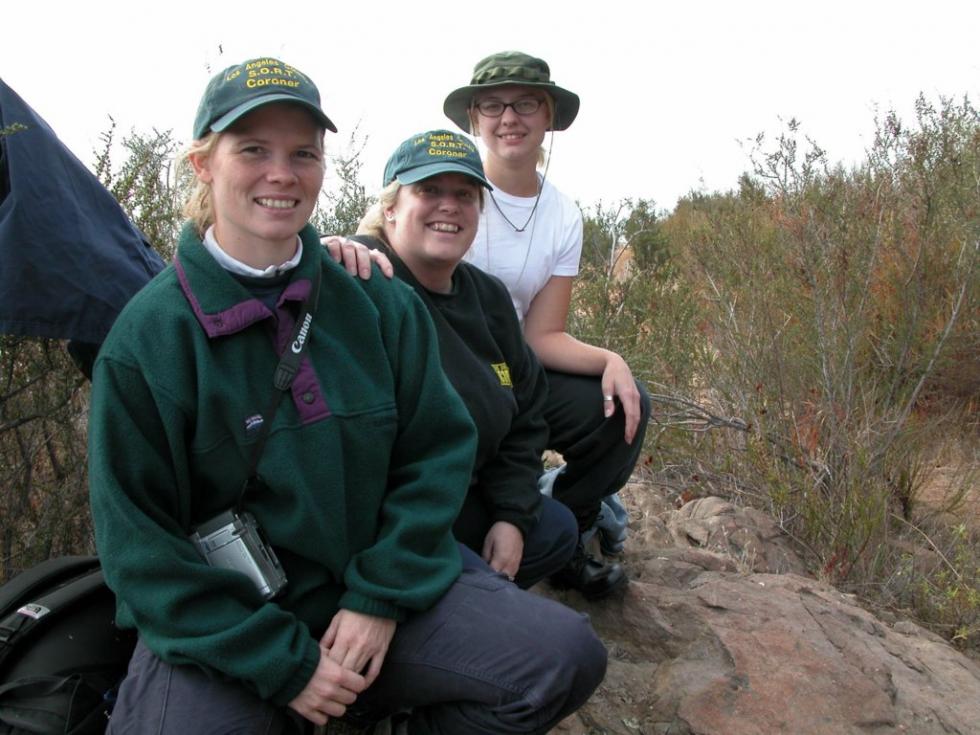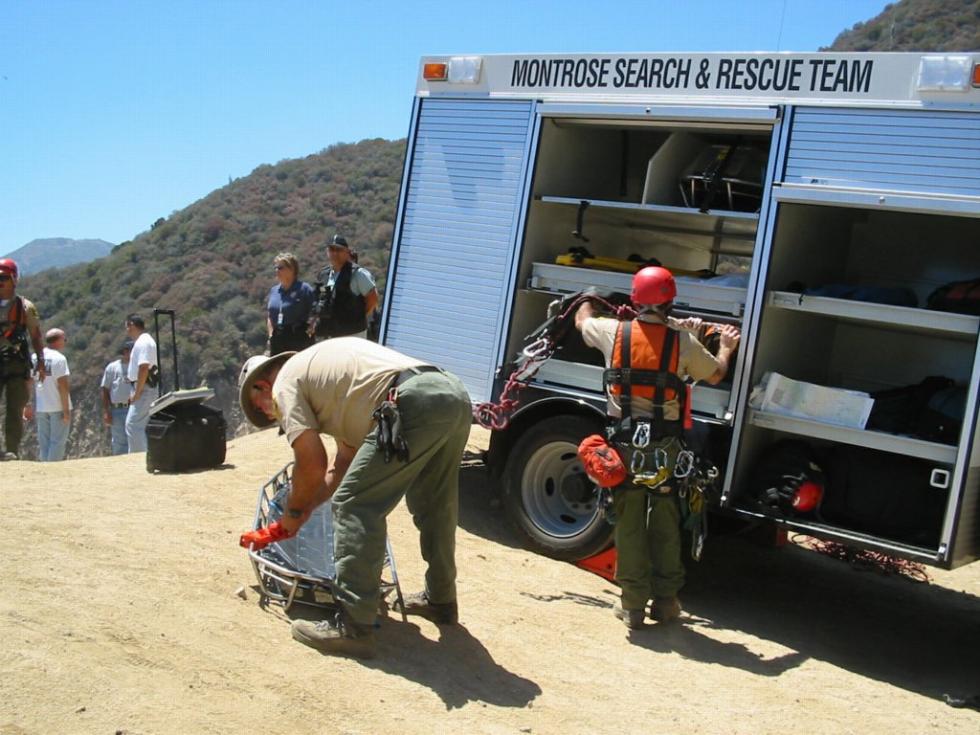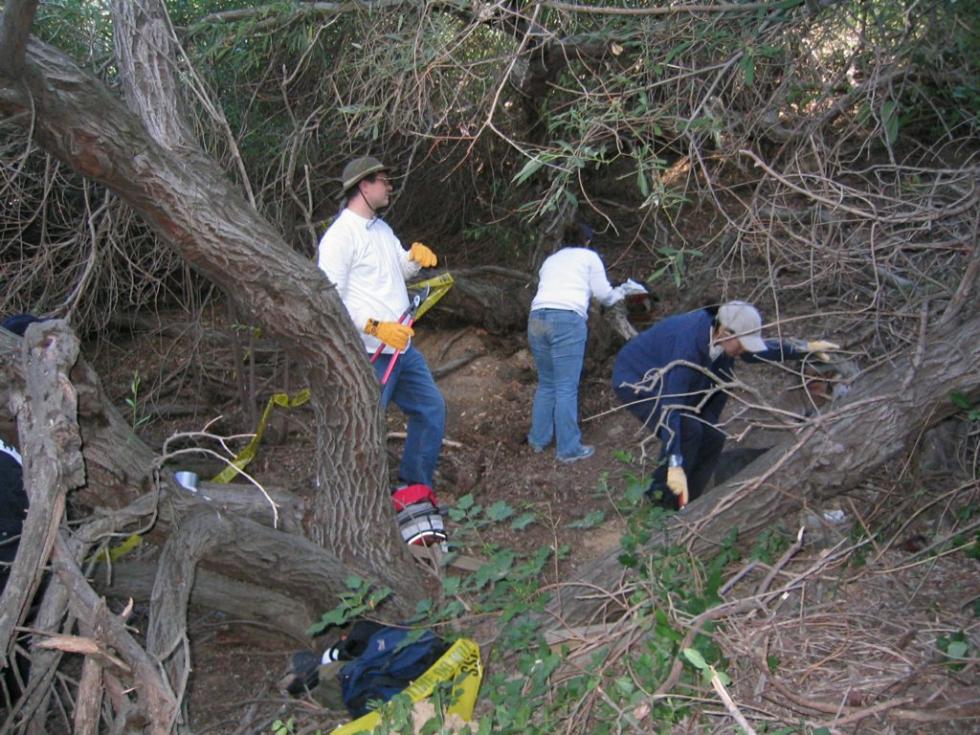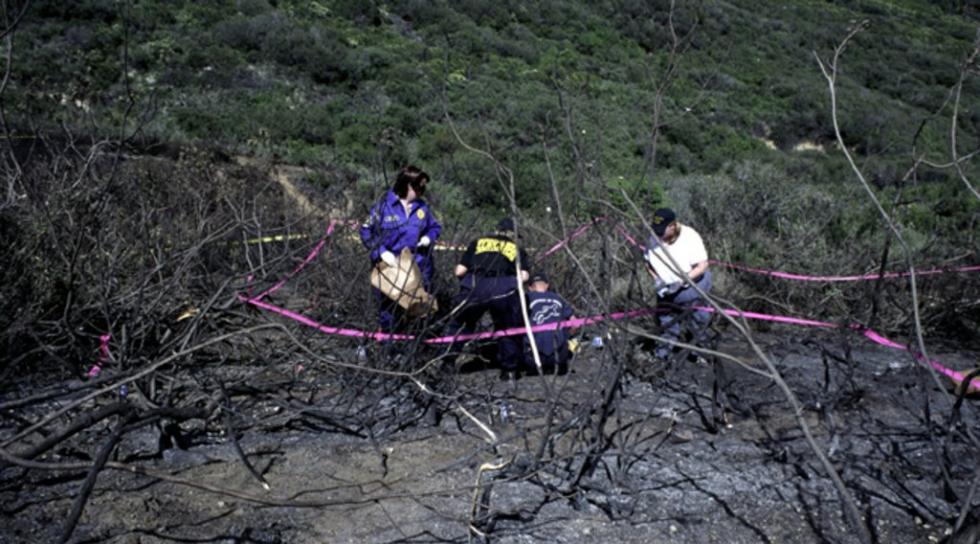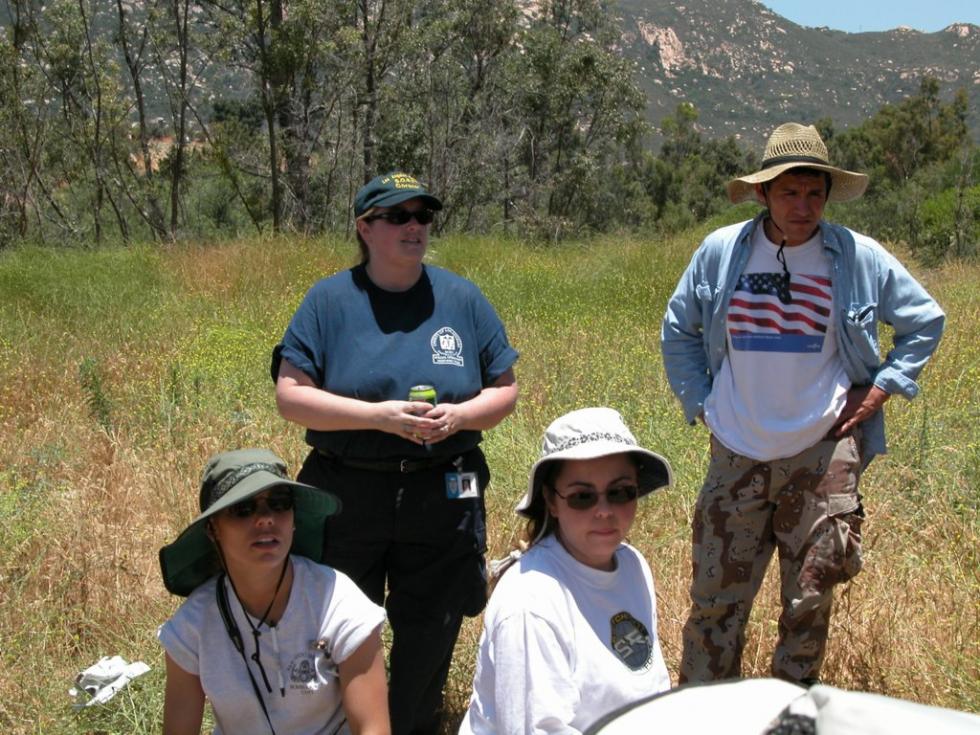Forensic Anthropology
The Forensic Anthropology track started at Cal State Los Angeles in 1998. At that time, Dr. Elizabeth Miller began consulting work with the Los Angeles County Department of Coroner (LACDOC). In 2001, with the formation of the Special Operations Response Team at LACDOC, opportunities for student involvement in active forensic work began. Students assist in decedent searches and, for more advanced students, in decedent excavations and analysis of cold cases. There are three one-year internships with Dr. Miller during which students participate more actively in current casework. Dr. Miller is D-ABFA certified since 2011, and has been teaching at Cal State LA for 17 years.
Forensic Anthropology at Cal State Los Angeles is a graduate option which requires special admission. You must obtain admission to the university as well as to the option. For details on the application process and the Forensic Anthropology option, please visit the graduate academic page and the e-catalog. The Forensic Anthropology option is not a degree in forensic anthropology; rather, it is a degree in Anthropology with a focus on the forensic applications. It is also important for the student to realize that employment in Forensic Anthropology is rare, and a Ph.D. is generally required. Many of those working as Forensic Anthropologists teach at colleges and universities and consult with law enforcement agencies outside of teaching. Some graduates in Forensic Anthropology do find employment in law enforcement or with the military, and the prospects for the future are encouraging.
An MA degree in Anthropology, with a concentration in Forensic Anthropology, will prepare the student for alternate careers, including some in law enforcement (such as Death Investigation), museums (primarily in Human Osteology and Repatriation), and Junior Colleges (teaching). Students who have graduated in the physical anthropology MA program at Cal State Los Angeles are involved in Ph.D. programs around the country, including Arizona State University, Univeristy of North Carolina at Chapel Hill, The Ohio State University, and others. Graduates have gone on to obtain employment as forensic scientists in the FBI, law enforcement rangers/officers with various federal government agencies including deputy coroner and forensic technician, teaching positions in various Southern Calfornia colleges, and in musueum curating positions.
Forensic Anthropology Links
- American Academy of Forensic Sciences
- Bone Clones
- JPAC
